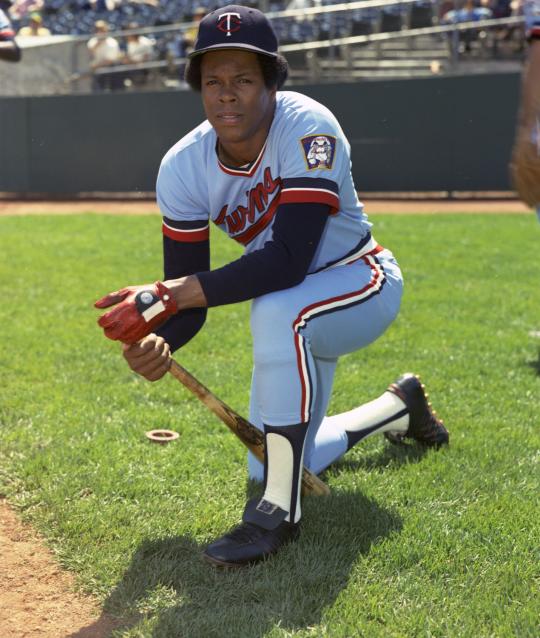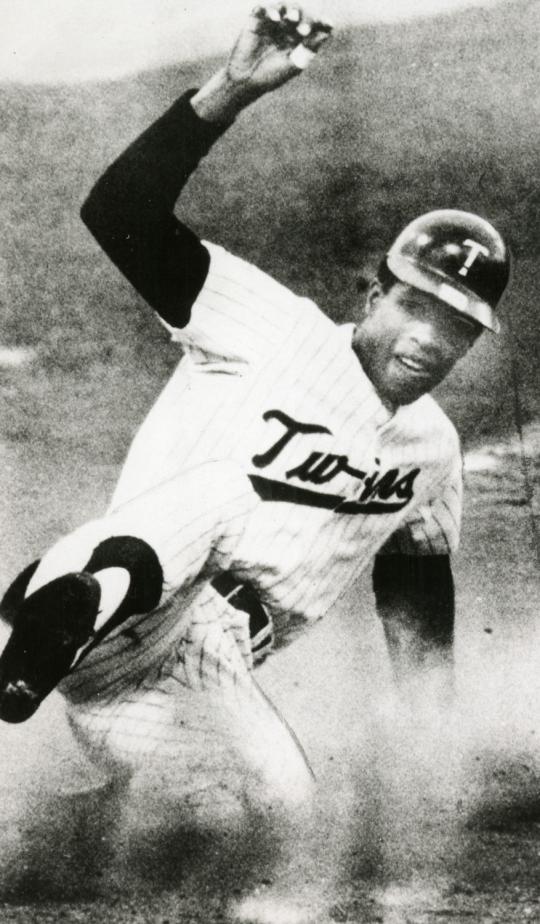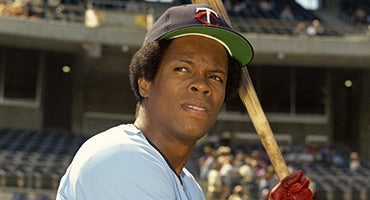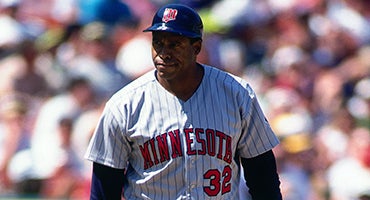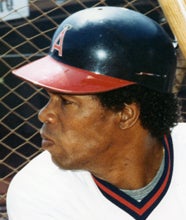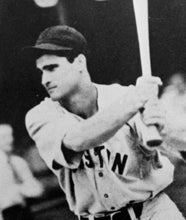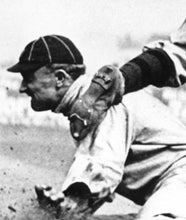- Home
- Our Stories
- Twins found hidden gem in Carew
Twins found hidden gem in Carew
Rod Carew was born on a train in the Panama Canal Zone less than a month after the official end of World War II.
Nineteen years later – on June 24, 1964 – Carew beat the odds by signing a contract with the Minnesota Twins, beginning a big league journey that would end in Cooperstown.
Carew grew up in an impoverished setting in Gatun, near the Panama Canal. By his teens, he had established himself as a promising athlete who was able to compete on the diamond against players nearly twice his age.
At the age of 14, his mother took Carew and his siblings to live in New York City. Though he never played high school baseball, Carew impressed scouts while playing for a semi-pro team and was signed by Minnesota Twins scout Herb Stein.
“(Herb Stein) was happy when he saw me play in the big leagues,” Carew said. “We kept in touch. We had a great relationship.
“I’ll never forget him.”
Carew never played above the Class A level in his three years in the minor leagues, but Twins owner Calvin Griffith apparently had him earmarked for the big leagues early on – telling Carew during the spring of 1966 that he would be in the big leagues within a year.
Working with Twins coach Billy Martin, Carew honed his skills at second base and continued to show the plate discipline that would make him a seven-time American League batting champion. Griffith made good on his promise to bring Carew to the majors in 1967, and Carew justified his faith by winning the AL Rookie of the Year Award and earning the first of 18 All-Star Game selections.
He won his first batting title in 1969 by hitting .332 and stole home an incredible seven times, falling one short of Ty Cobb’s single-season record. But on June 22, 1970 – while sporting a .376 batting average – Carew collided with Brewers runner Mike Hegan at second base on a 5-4-3 double play, seriously injuring his left knee.
“The doctor told me I would never play again,” Carew said. “But I worked my tail off to come back that year, and at the end of the season I was able to pinch-hit (appearing in four games). And then in the wintertime, we just spent a lot of time walking in the snow and cross country (skiing) to build my knee back up.”
Carew was back at full strength in 1971, hitting .307. He won the first of four straight batting titles in 1972 by hitting .318. Then in 1977, Carew captured the national spotlight by chasing the .400 mark, finishing at .388 and winning the AL Most Valuable Player Award.
He was traded to the Angels on Feb. 3, 1979, and played his final seven seasons in California, helping his new team win two American League West titles. He retired following the 1985 season with 3,053 hits, a .328 batting average and 353 stolen bases.
He was elected to the Hall of Fame in 1991.
“When I was first elected, I remember Bobby Doerr saying, ‘Welcome to the greatest fraternity in the world.’” Carew said. “And he’s right.”
Craig Muder is the director of communications for the National Baseball Hall of Fame and Museum

